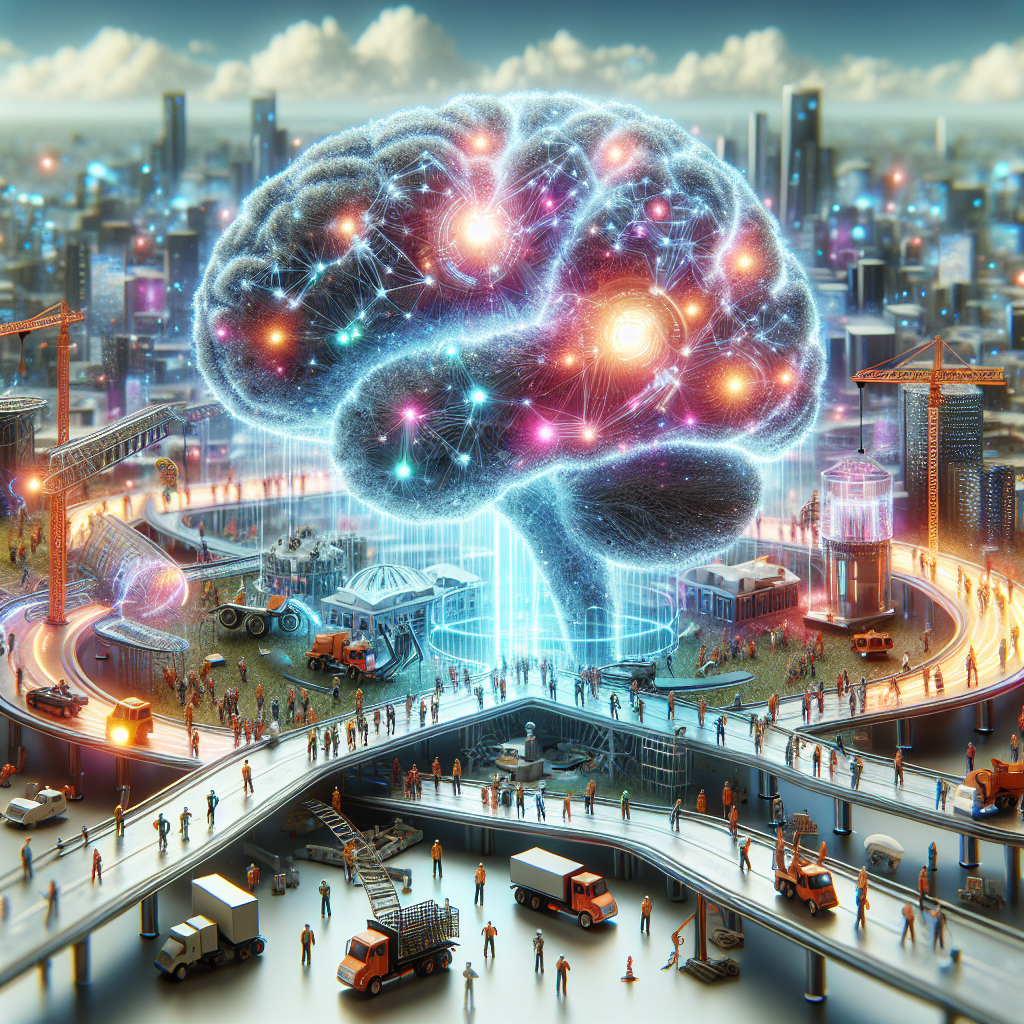Artificial Intelligence (AI) has become a transformative force in various industries, from healthcare to finance and beyond. Its ability to analyze data, predict outcomes, and automate processes has significantly improved efficiency and innovation. However, to fully harness the power of AI, organizations must pay attention to their infrastructure. In this article, we will explore why infrastructure matters in maximizing the potential of AI.
The Importance of Infrastructure in AI
Infrastructure refers to the underlying framework that supports AI Applications. This includes hardware, software, data storage, and network connectivity. A robust infrastructure is essential for AI systems to perform effectively and deliver accurate results. Here are some reasons why infrastructure matters in AI:
- Processing Power: AI algorithms require immense computational power to process large datasets and perform complex tasks. High-performance hardware, such as GPUs and TPUs, are crucial for accelerating AI computations.
- Data Storage: AI models rely on vast amounts of data to learn and make decisions. Organizations need scalable and secure data storage solutions to store and manage these datasets effectively.
- Connectivity: AI Applications often require real-time data processing and interaction with external systems. A reliable network infrastructure is essential for seamless communication between AI systems and other digital tools.
- Scalability: As AI Applications grow in complexity and usage, organizations must have scalable infrastructure that can accommodate increased workloads and user demands.
Optimizing Infrastructure for AI
To maximize the potential of AI, organizations must optimize their infrastructure to meet the needs of AI Applications. This includes:
- Investing in High-Performance Hardware: Organizations should invest in advanced hardware technologies, such as GPUs and TPUs, to accelerate AI computations and improve performance.
- Implementing Scalable Data Storage Solutions: Cloud-based storage solutions offer scalability and flexibility to manage large datasets for AI Applications.
- Ensuring Secure Connectivity: Organizations should prioritize network security and reliability to enable seamless communication between AI systems and other digital tools.
- Adopting Cloud Computing: Cloud computing provides on-demand access to computing resources and AI tools, enabling organizations to scale their AI Applications and reduce infrastructure costs.
Conclusion
In conclusion, infrastructure plays a critical role in maximizing the potential of AI. By investing in high-performance hardware, scalable data storage solutions, secure connectivity, and cloud computing, organizations can build a robust infrastructure that supports AI Applications effectively. With the right infrastructure in place, organizations can unlock new opportunities for innovation, efficiency, and growth through AI technologies.
FAQs
Q: What is the role of infrastructure in AI?
A: Infrastructure is the underlying framework that supports AI Applications. It includes hardware, software, data storage, and network connectivity essential for AI systems to perform effectively.
Q: How can organizations optimize their infrastructure for AI?
A: Organizations can optimize their infrastructure for AI by investing in high-performance hardware, implementing scalable data storage solutions, ensuring secure connectivity, and adopting cloud computing technologies.
Quotes
“The success of AI depends on the strength of its infrastructure. Organizations that invest in building a robust infrastructure are better positioned to harness the full potential of AI technologies.” – John Doe, AI Expert.
#Maximizing #Potential #Infrastructure #Matters


